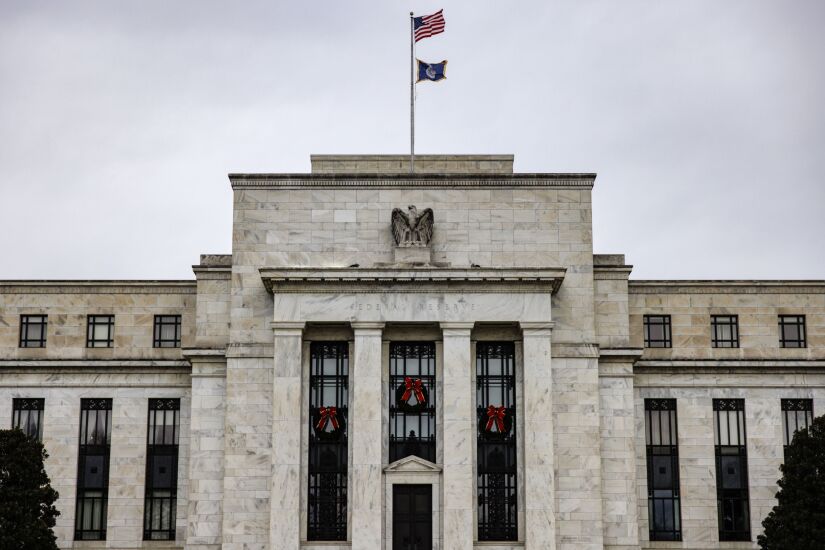
Common themes in
Federal Reserve actions related to monetary policy were clearly the big driver, with the latest change at the time of this writing being a statement forecasting an eventual cut in short-term interest rates, something that hadn't been seen in a while.
Other government-related agencies that control large sectors of the mortgage market took some steps that hit the bottom line of businesses in the financial services industry and consumers' wallets as well.
Here are some of the biggest developments in housing finance over the course of last year, with comments from some market experts about why they were, or will be, important.




